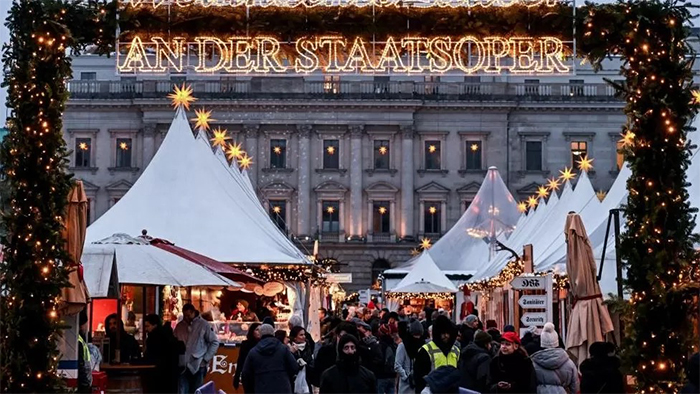- Dr. K.R. SASHIDHARAN
- December 19, 2022
GERMANY BRACING FOR A TOUGH WINTER?

When Vladimir Putin switched off the gas taps to Europe, Germany more than most feared a winter of blackouts. Ministers scrambled to secure alternative supplies, painfully aware that a heavy dependence on Russian gas had left this industrial nation woefully exposed.
But fast forward a few months and, as lights sparkle in the Christmas markets, there is a sense of tentative optimism in the Glühwein spiced air. Germany’s hastily assembled strategy to manage without Russian gas appears – for now – to be working.
“Energy security for this winter is guaranteed,” the Chancellor Olaf Scholz told MPs in the German parliament on Wednesday morning.
Not only are the country’s gas stores full; the result, in part, of a frantic – and expensive – buying operation on the world’s markets.
But, up on Germany’s windswept North Sea coast, engineers have just finished building – in record time – the country’s very first import terminal for liquified natural gas (LNG).
LNG is natural gas which is cooled to liquid form to reduce its volume and make easier to transport. It’s then converted back to gas form upon reaching its destination.
Germany is rightly notorious for its ponderous bureaucracy; this kind of project would normally take years, but the authorities slashed away at red tape to enable completion in under 200 days.

The most important part of the terminal – a ‘floating storage and regasification unit’ (FSRU) – has yet to moor up. The FSRU, which is essentially a specialised ship upon which the LNG is converted back to its gas state, will be leased at a reported 200,000 euros (£172,732) a day.
But, within weeks, tankers from countries like the US, Norway or the Emirates could deliver their cargoes here to the port of Wilhelmshaven. The terminal’s operator, Uniper, which is now almost entirely controlled by the German government, is coy about its suppliers but insists that contracts are in place.
And five other LNG terminals are planned. Most should be completed next year.
German industry is depending on it.
“If we don’t get any gas, we have to shut down the oven,” says Ernst Buchow as we stand in his brick factory a half hour drive from Wilhelmshaven.
The bricks he produces must be fired in a giant kiln at temperatures of up to 1,200C (2,192F). He hopes, one day, to transition to green hydrogen but says that will take time. For now, he’s wholly reliant on a steady supply of gas.
“It’s not just the politicians’ fault. Industry wanted the Russian gas contracts.”


